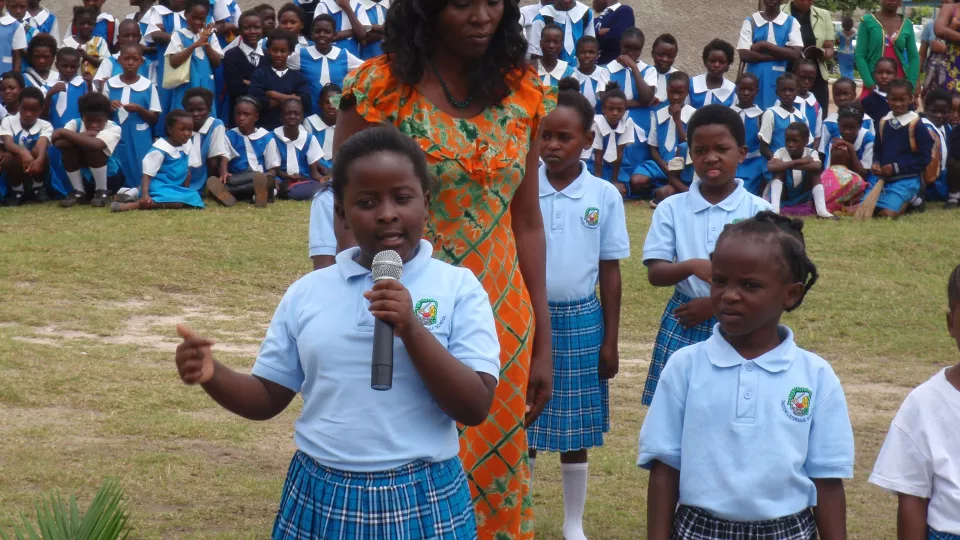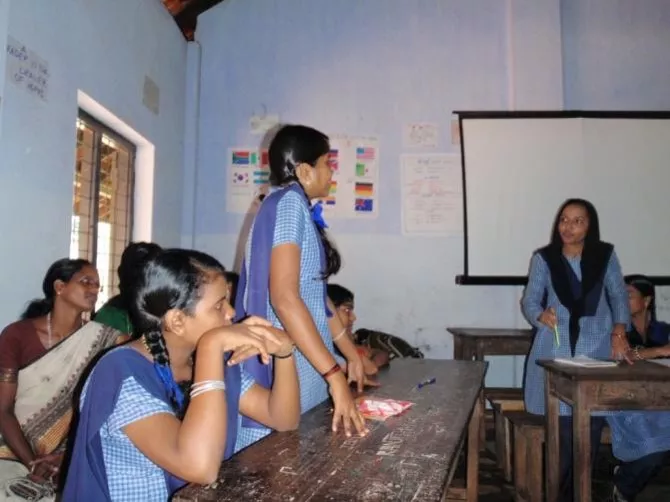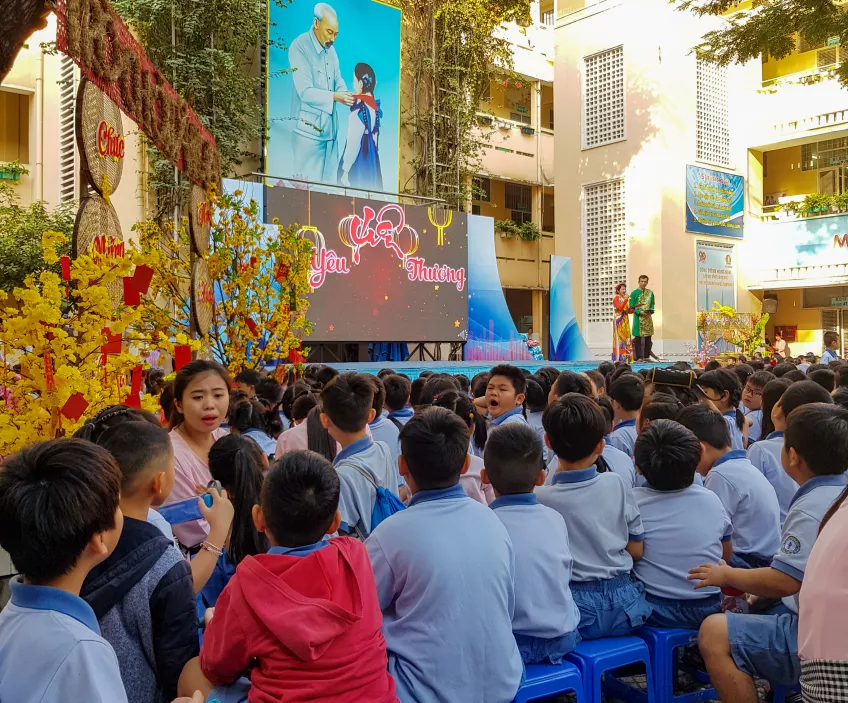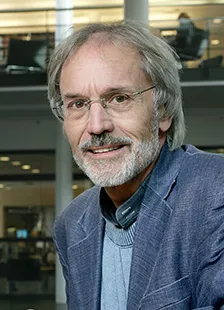It started in 2003. Sweden´s Government Agency for Development Cooperation (Sida) petitioned Lund University to create an International Training Program (ITP) targeting persons in position to implement the principles of the UN Convention on the Rights of the Child (CRC) in their home countries. The ITP was to provide participants with knowledge of the CRC, and practical tools to implement it in school settings, immediately bettering the conditions for children.
Professor Per Wickenberg at the Sociology of Law Department was one of the team members developing the ITP, eventually named “Child Rights, Classroom and School Management”. He administered it together with senior lecturer Bodil Rasmusson at Lund University, and Ulf Leo, associate professor in sociology of law (currently at Umeå University), and personnel at Lund University Commissioned Education. During the programme, Wickenberg Rasmusson and Leo visited 25 countries, witnessing how children’s rights were implemented in a variety of education systems.
During a trip to Kabul, Afghanistan, in 2008, the researchers reported how students in a project school were engaged in implementing CRC principles.
“The local team of educators in Afghanistan had started a project to establish student councils, and the students provided what we think is a good example of children’s own understanding and meaning of participation expressed in the United Nations Convention on the Rights of the Child (CRC). They appeared as independent actors in supporting a peer at school who was not being cared for and treated well by one of the parents. Some of the student council members intervened by visiting the family in the home and explaining the rights of the child. Changes in attitude and parenting by that parent were later observed by students and the principal at the school. In this case children’s agency and participation became a pathway to change, protection and justice.”
Change towards greater awareness and practice in regards to child rights often started with a single school or even a class, and spread from there, sometimes as far as neighbouring regions. But each country’s social, political and economic realities posed unique challenges. Wickenberg, Rasmusson, and Leo mention, as examples, “the history of Apartheid in South Africa, displacement of refugees in Colombia, influence from Islam in Indonesia, war in Uganda and examination oriented school system in Sri Lanka.”
“Child Rights, Classroom and School Management” resulted in 13 book reports, initiated 280 change processes, and engaged 630 change agents from 29 different countries.
The summarizing book report of the ITP, Children´s Rights in Education: Experiences from 16 countries in Global South during 18 years as researchers and teachers, is available free on the Lund university research portal. (pdf, new window)
Read more about Per Wickenberg’s work at the Sociology of Law Department on his personal page.



